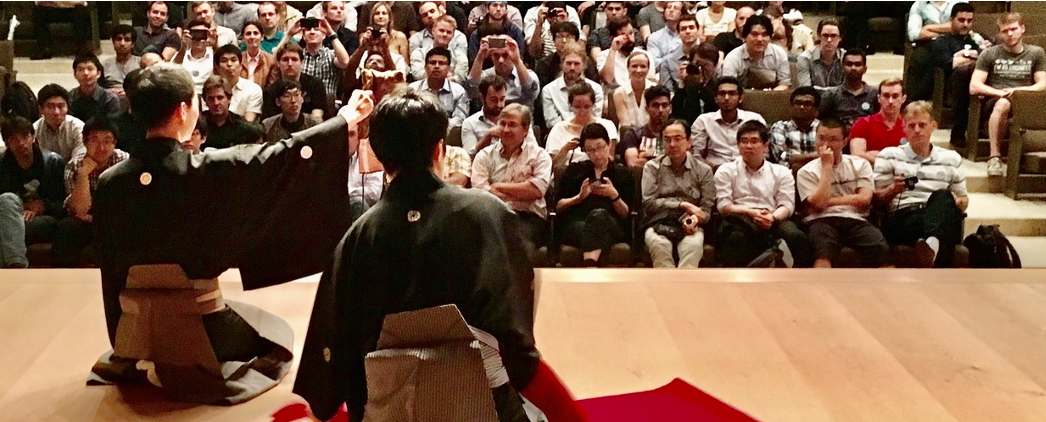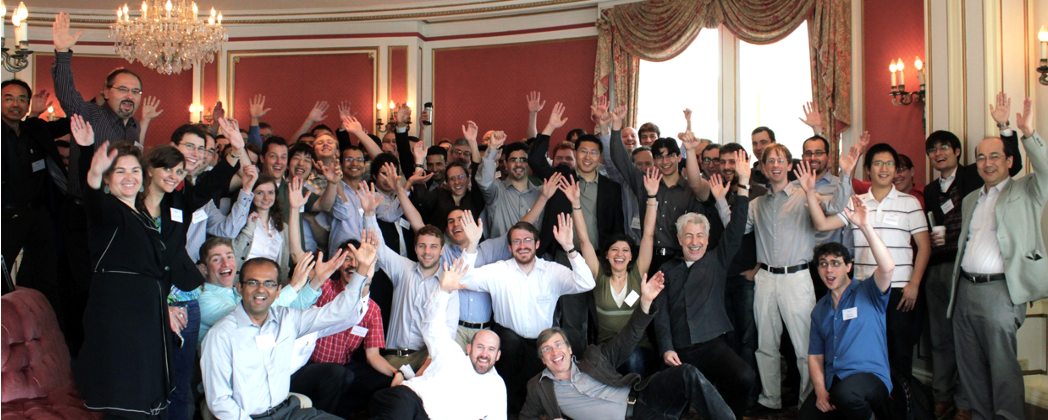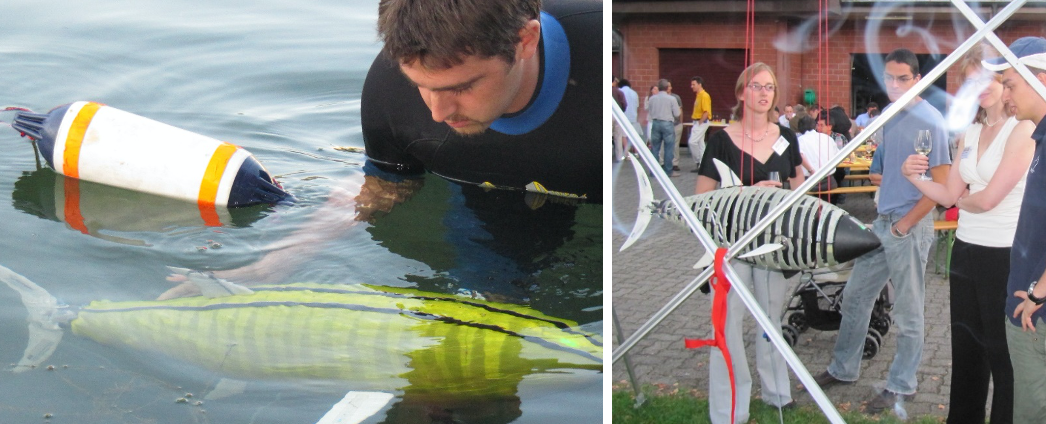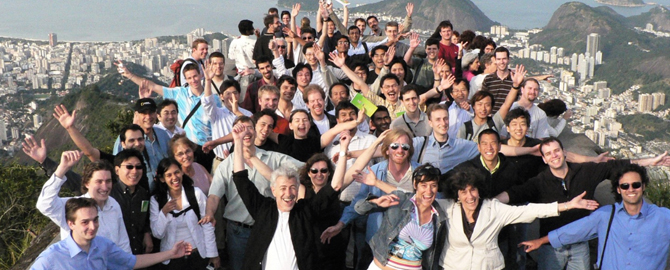Date and time: June 18, 2020 at 4:00-5:00pm CEST (7:00am PDT and 11:00pm JST)
Live Stream: Zoom Webinar (https://zoom.us/j/97814461788)
Live questions and discussion: Slido (https://app.sli.do/event/me6veodz)
Moderator: Paolo Dario
Panelists: Kanako Harada, Tim Lüth, Catherine Mohr
Video on Bilibili: https://www.bilibili.com/video/BV1ja4y1e7su/
Video on YouTube: https://youtu.be/ijNoKJij2yk
The First IFRR Panel Colloquium will address one of the most successful and dynamic field of robotics, that is Surgical Robotics. Explored by some brave pioneers at the end of the 80', today surgical robotics is well established in clinical practice and has a very strong social-economics impact. There is wide potential for research and for opening new frontiers in many surgical applications, and thus many hot questions are posed to researchers, surgeons, hospital administrators and industry. The current COVID-19 pandemic is also posing new problems and new opportunities to surgical robotics. World leaders in the field will participate in this Colloquium, will present their points of view on some key issues, and will answer questions posed beforehand and live by the audience through the Slido platform. You are all invited to take part in the live Colloquium and to interact directly with the panelists. The Colloquium will be also recorded and will be accessible at the IFRR website.
The panelists will address specifically some of the following issues:
(1) What is state-of-the-art in surgical robotics today?
(2) What are the top five challenges that we have not solved yet?
(3) If you knew you would be successful, what would you work on?
(4) What is the most exciting new thing in surgical robotics the last twelve months? What will be the progress in surgical robotics next five years?
(5) How did COVID-19 change surgical robotics?
Paolo Dario (Moderator)
Paolo Dario (Moderator)
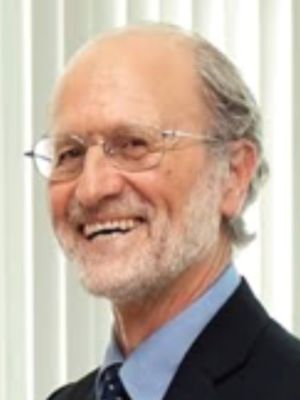
Paolo Dario is Professor of Biomedical Robotics at the Scuola Superiore Sant'Anna (SSSA) in Pisa, Italy, founding Director of The BioRobotics Institute, founding Coordinator of the PhD in BioRobotics at SSSA and co-founder of the M.S. Course in Bionics Engineering in Pisa. He is visiting professor at various universities in Europe, USA, the Middle East and Asia, Founding Editorial Board Member of the Journal “Science Robotics” and Editor-in-Chief of the IEEE Transactions on Medical Robotics and Bionics. Paolo Dario is an IEEE Fellow, served as President of the IEEE Robotics and Automation Society and received the 2017 IEEE RAS Pioneer Award for Biorobotics.
Kanako Harada
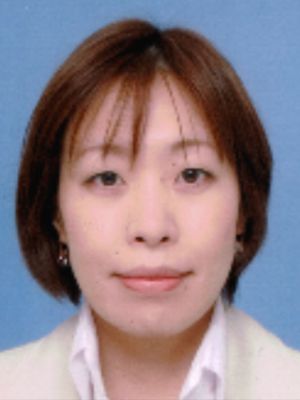
Kanako Harada (M’07) received the B.E. and M.E. degrees in precision machinery engineering from The University of Tokyo, Tokyo, Japan, in 1999 and 2001, respectively, and the Ph.D. degree in engineering from Waseda University, Tokyo, in 2007.,She worked with Hitachi, Ltd. Tokyo, Japan, Waseda University, Tokyo, Japan, the National Center for Child Health and Development, Tokyo, Japan, the Scuola Superiore Sant’Anna, the University of Tokyo, and the Japan Science and Technology Agency (JST), Kawaguchi, Japan. She was appointed as an Associate Professor with The University of Tokyo in 2015. Her research interests include medical and surgical robotics.
Tim Lüth
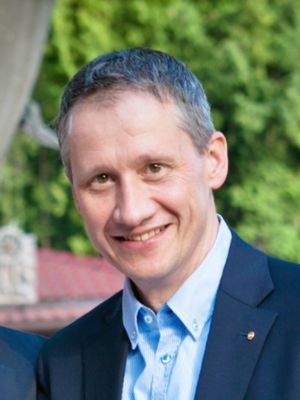
Tim Lüth studied electrical engineering at Darmstadt University of Technology until 1989. In 1993, he obtained his doctorate at the University of Karlsruhe with a thesis on robot manufacture. In 1994/1995, he was visiting professor at the Japanese robotics research institute ETL of MITI-AIST. He completed his lecturer qualification in computer science at the University of Karlsruhe in 1997. In the same year, he was appointed associate professor of clinical navigation and robotics at the Charité institute of Humboldt University Berlin. In 2001, he became a full professor in Berlin and received the newly created Chair of Mechatronic Medical Technology, an institute jointly organized by Charité and the Fraunhofer Society. In 2005, Tim Lüth was appointed full professor at TUM at the Chair of Micro Technology and Medical Device Technology.“ Tim Lüth was appointed Adjunct Professor at the University of Toronto in 2007 and was elected as one of the top 3 inventors in the Lifetime Achievements category of the European Patent Office in 2007. He was elected to the National Academy of Science and Engineering acatech in 2010 and to the Scientific Advisory Board of the Alfried Krupp Foundation (main shareholder of Thyssen-Krupp AG) in 2017. Since 2018 he is a Fellow of the University of Tokyo. Tim Lüth himself has been a founder and shareholder of high-tech companies for more than 30 years and is author and coauthor of about 350 publications in the field of robotics, medical devices and 3D printing.
Catherine Mohr
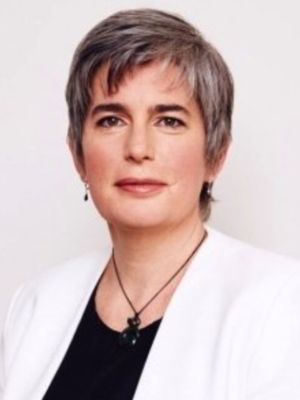
Dr. Catherine Mohr is Vice President of Strategy at Intuitive Surgical, a high technology Silicon Valley based company that makes the da Vinci surgical robot. In this role she evaluates new technologies for incorporation into the next generation of computer aided surgical platforms, and studies the dynamics of emerging markets. In addition, she is on Faculty at Singularity University which studies the impact of exponentially changing technologies on our society. Catherine has a diverse background which covers surgery, medical technology, engineering, product design, healthcare, alternative energy, automotive, aerospace, global entrepreneurship, IP litigation, FDA compliance, education, and product development. From this she brings extensive industry experience and deep insights into emerging opportunities, trends, issues and challenges. Proven history of visionary thought-leadership as an advisor on future technologies to a wide range of companies and government agencies, and a sought after speaker/lecturer. Dr. Mohr received her BS and MS in mechanical engineering from MIT, and her MD from Stanford University School of Medicine. She has been involved with numerous startup companies in the areas of alternative energy transportation, and worked for many years developing high altitude aircraft and high efficiency fuel cell power systems, computer aided design software, and medical devices. Dr Mohr has served as a scientific advisor for several startup companies in Silicon Valley, the NCI SBIR program, and government technology development programs in her native New Zealand, and entrepreneurship programs worldwide. She is the author of numerous scientific publications, the recipient of multiple design awards, and speaks regularly internationally on the subject of the future of surgery, technology and robotics.

